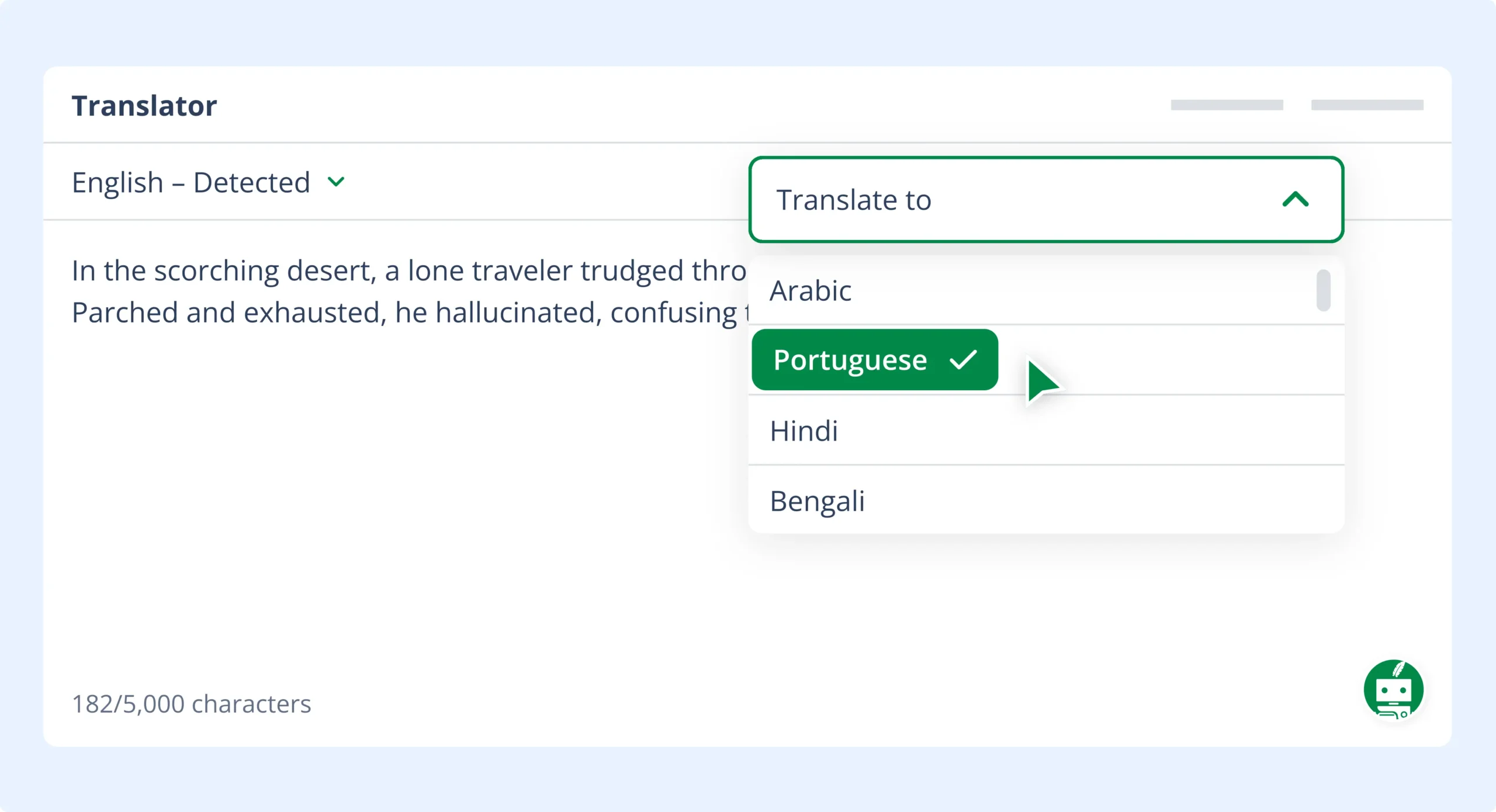Where Are You From in Spanish | Use & Examples
There are various ways to say where are you from in Spanish, including:
- ¿De dónde eres?
- ¿De dónde es?
- ¿De dónde sois?
- ¿De dónde son?
Which one you should use depends on how many people you are addressing and whether you’re communicating in a formal or informal context.
How to say where are you from in Spanish
To say where are you from in Spanish, you need:
- The preposition “de” [“of” or “from”]
- The interrogative “dónde” [“where”]
- A conjugation of the verb “ser” [“to be”]
The conjugation of “ser” that you should use depends on three factors:
- Singular or plural number
- Formal or informal context
- Region of the Spanish-speaking world
| Phrase | Pronunciation | Singular or plural | Formal or informal | Regional usage |
|---|---|---|---|---|
| ¿De dónde eres (tú)? | deh dohn-deh eh-rehs (too) | Singular | Informal | All |
| ¿De dónde sos (vos)? | deh dohn-deh sohs (vohs) | Singular | Informal | Argentina, Uruguay, Paraguay, Chile, much of Central America |
| ¿De dónde es (usted)? | deh dohn-deh ehs (oos-tehd) | Singular | Formal | All |
| ¿De dónde sois (vosotros)? | deh dohn-deh soys (voh-soh-trohs) | Plural | Informal | Spain |
| ¿De dónde son (ustedes)? | deh dohn-deh sohn (oos-teh-dehs) | Plural | Formal or informal | Spain (formal)
Latin America (both) |
You can include them, but it’s more common to leave them out.
There are other ways to ask where are you from in Spanish that focus more on the specific origins of a person. They include:
| Phrase | Pronunciation | English translation |
|---|---|---|
| ¿De qué lugar eres? | deh keh loo-gahr eh-rehs | What place are you from? |
| ¿De qué país eres? | deh keh pah-ees eh-rehs | What country are you from? |
| ¿De qué ciudad eres? | deh keh see-oo-dahd eh-rehs | What city are you from? |
| ¿De dónde vienes? | deh dohn-deh vee-eh-nehs | Where do you come from? |
These phrases are the informal singular versions. Adjust them according to your context. A QuillBot Grammar Check can make sure your subjects and verbs agree, even in Spanish.
How to respond to where are you from in Spanish
If you ask someone where are you from in Spanish, there are a few replies you can expect to get.
| Phrase | Pronunciation | Example | English translation |
|---|---|---|---|
| (Yo) soy de … | yo soy deh | Soy de España. | I am from Spain. |
| Vengo de … | vehn-goh deh | Vengo de Madrid. | I come from Madrid. |
| Yo soy … | yo soy | Yo soy español. | I am Spanish. |
| Vivo en …, pero soy de … | vee-voh ehn …, peh-roh soy deh | Vivo en Barcelona, pero soy de Madrid. | I live in Barcelona, but I’m from Madrid. |
Maria: Yo soy de Argentina. [I’m from Argentina.]
Group A: ¡Bienvenidos! ¿De dónde son? [Welcome! Where are you from?]
Group B: ¡Gracias! Somos mexicanos. [Thank you! We are Mexican.]
Frequently asked questions about Where are you from in Spanish
- Is “where are you from” different in formal and informal Spanish?
-
Yes, “where are you from” is different in formal and informal Spanish.
To say “where are you from” in formal Spanish, use “¿Dé dónde es?” in singular and “¿Dé dónde son?” in plural.
If you want to say “where are you from” in informal Spanish, you can say “¿Dé dónde eres?” for the singular. For the plural, use “¿De dónde sois?” in Spain or “¿De dónde son?” in Latin America.
QuillBot’s free Paraphraser can help you communicate in the correct tone in Spanish.
- How do I ask what is your nationality in Spanish?
-
To ask “what is your nationality” in Spanish, say “¿Cuál es tu nacionalidad?” or “¿Cuál es su nacionalidad?”
The first option is informal and the second one is formal.
You could also ask “¿De dónde eres?” or “¿De dónde es?”, which mean where are you from in Spanish.
Use QuillBot’s free Translator to translate questions like “what is your nationality” and more.
Cite this QuillBot article
We encourage the use of reliable sources in all types of writing. You can copy and paste the citation or click the "Cite this article" button to automatically add it to our free Citation Generator.
Santoro, K. (2025, December 02). Where Are You From in Spanish | Use & Examples. Quillbot. Retrieved March 4, 2026, from https://quillbot.com/blog/spanish-language/where-are-you-from-in-spanish/

